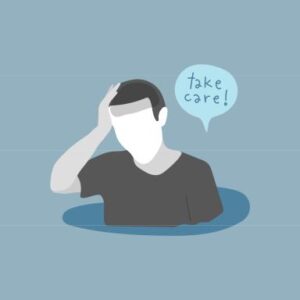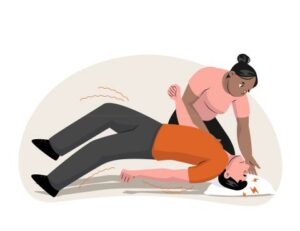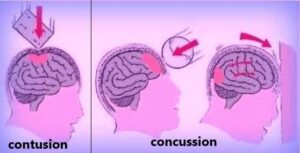Contusion (Neurosurgical trauma: O Trauma & Injuries Kidz Health)
- Dr Owais Rafiq
- September 28, 2023
- 8:52 pm

When it comes to head injuries, contusions are a common concern. Whether caused by a fall, sports-related incident, or an accident, it can result in brain tissue damage and require immediate attention.
What is a Contusion?
A contusion refers to a brain injury that occurs due to a direct impact on the head. It is essentially a bruise within the brain tissue, caused by the brain striking against the skull. While contusions are generally less severe than other traumatic brain injuries, they still require careful monitoring and proper treatment.

Types and Symptoms:
Contusions can vary in severity and can affect different areas of the brain.
Depending on the location and extent of the injury, various symptoms may arise.
Immediate symptoms include:
- Headaches
- Dizziness
- Confusion
- Loss of Consciousness
- Nausea/Vomiting
The symptoms associated with specific areas of the brain involvement include:
- Impaired speech or difficulty speaking
- Fits
- Alterations in vision
- Coordination issues or problems with motor skills.
It’s crucial to be aware of these symptoms, as prompt medical attention is essential to ensure the best possible outcome.
Understanding the Causes:

- Contusions can occur due to falls, sports-related accidents, and bicycle mishaps.
- Children are at a higher risk due to their active lifestyles and developing motor skills.
- Creating a safe environment is important for minimizing the risk of contusions in children.
Brain Contusion VS Concussion
Brain contusions and concussions are both types of traumatic brain injuries but differ in their nature. While a concussion is a temporary disruption of brain function caused by a sudden jolt or blow to the head, a brain contusion involves physical damage to the brain tissue. It is essential to differentiate between the two and seek appropriate medical care.

Complications and Long-Term Effects
While most contusions heal with time and proper care, there can be potential complications and long-term effects associated with these injuries. These may include:
- Cognitive impairments
- Memory problems
- Difficulty concentrating.
- Mood changes
- Seizures and chronic headaches
- Permanent disabilities in severe cases
Regular monitoring of individuals who have experienced contusions is crucial to ensure early intervention if any complications arise.
Understanding Brain Contusion Recovery Time
The recovery time for a brain contusion varies. Mild to moderate contusions can take weeks to months to heal, while severe contusions may require months to years. Factors like overall health and adherence to treatment impact recovery. Rehabilitation and therapy may be necessary. Rest, follow the treatment plan, and report any changes to the healthcare provider. Recovery requires patience and support.

Prevention and Precautions
- Encourage children to wear appropriate protective gear during sports activities.
- Ensure a safe play environment at home and in public areas.
- Educate children about the importance of following safety guidelines.

Conclusion
Contusions are a type of brain injury resulting from direct impacts to the head. Understanding their types, symptoms, and causes is crucial for parents and caregivers to identify and seek proper medical attention promptly. By being informed and taking preventive measures, we can create a safer environment for children and reduce the risk of contusion injuries.
Disclaimer: This blog provides general information and encourages seeking medical care for specific conditions. It is important to note that this information is not a substitute for medical advice, and we cannot be held responsible for any consequences.
Dr Owais Rafiq
Subscribe to Dr Owais YouTube channel
For parenting advice, child health, symptoms, causes and treatment of illness in children.





